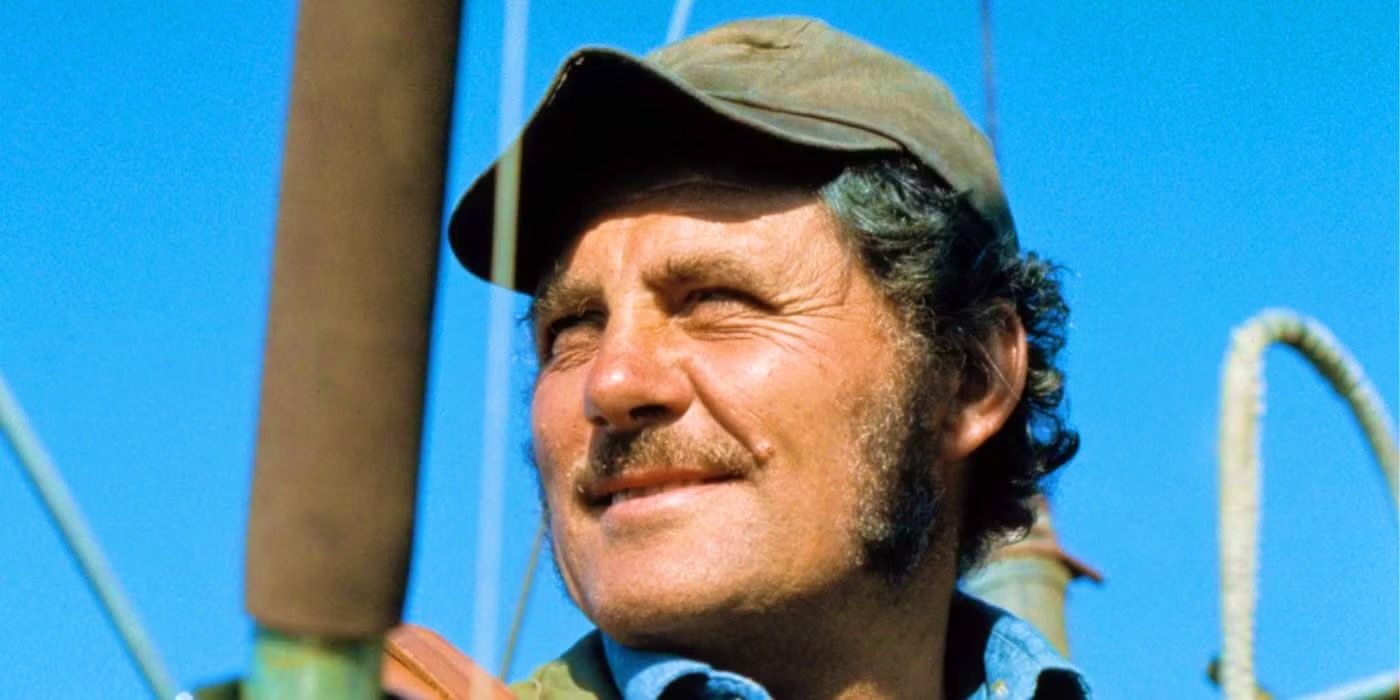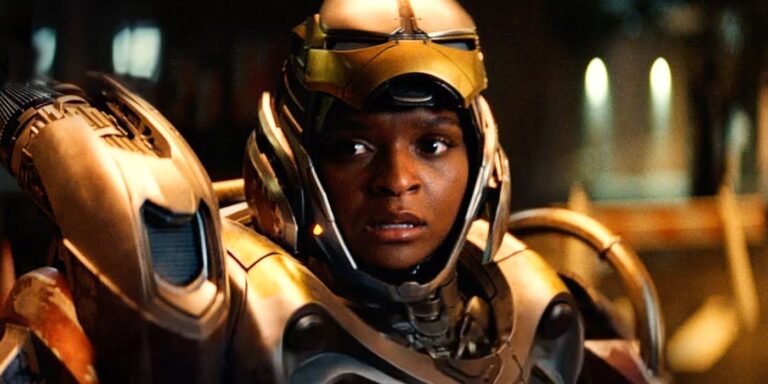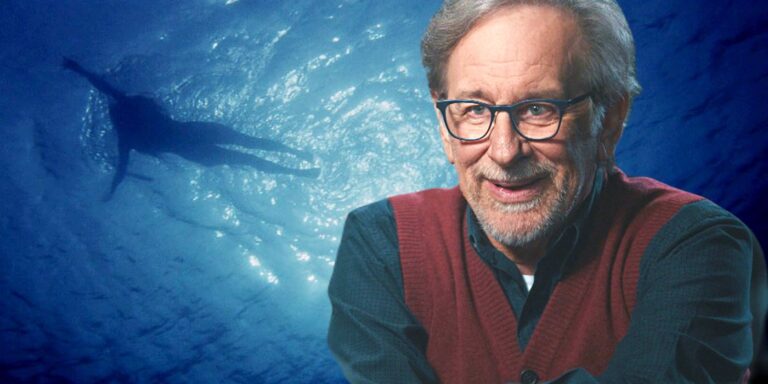Jaws has gone down in history as a horror classic, but one of its most iconic moments was a last-minute addition. Jaws has managed to stand the test of time much better than most horror movies, and it remains one of Steven Spielberg’s best. It helped create the idea of the modern summer blockbuster as it’s still understood today, with a crowdpleasing blend of different genres that gives it a broad appeal. Key to this appeal is the fascinating dynamic between the three main characters, who frequently butt heads as they band together to rid Amity Island of the man-eating shark lurking in its waters.
Although Jaws now has the reputation of being one of the best movies ever, it famously had a difficult production, since the mechanical shark often malfunctioned. Somehow, Spielberg still managed to create a finished product that has continued to delight and terrify audiences for 50 years. The actors are vital to this, particularly Roy Scheider, Richard Dreyfuss and Robert Shaw, who each bring something different to the table. Surprisingly, one of these actors was responsible for one of the defining moments in Jaws, and not just because of his acting skills.
Robert Shaw Rewrote His Own USS Indianapolis Monologue
Shaw Was A Writer As Well As An Actor
Quint’s monologue about his experience after the sinking of the USS Indianapolis is one of the most captivating scenes in Jaws, and it’s just as horrifying as any of the shark attack sequences. Spielberg gives Robert Shaw enough focus to do what he does best, without any distractions from the power of his monologue. Illuminated by a gently swinging light overhead and accompanied by steady, soft music, Quint recounts his memory of waiting to die, as hundreds of men were gradually picked off by sharks over the course of a few days. It’s much slower than the shark attack scenes, but just as thrilling in its own way.
While Shaw’s performance in this scene is outstanding, it wouldn’t be worth much if the script wasn’t up to scratch. In an interview with The Writers Guild Foundation, Jaws co-screenwriter Carl Gottlieb stated that Shaw wrote the speech himself, using elements from several different drafts while injecting his own hauntingly beautiful phrases here and there. This makes sense, because Shaw was also a successful writer, having worked on books, plays and movie adaptations before playing Quint in Jaws.
There are plenty of harrowing but poetic phrases throughout Quint’s USS Indianapolis monologue, like when he describes a shark’s “lifeless eyes, black eyes, like a doll’s eyes”, but the story is based on a real historical event. Just like Quint says, the USS Indianapolis was returning home from its top-secret mission to deliver the atomic bomb to an American naval base when it was sunk by Japanese torpedoes, and the men were stranded in the water for days while hundreds of sharks circled below. This real-world context gives even more gravitas to Quint’s remarkable speech.
How Spielberg Keeps Jaws Just As Thrilling Whenever The Shark Isn’t On Screen
Spielberg Keeps The Focus On His Characters
The shark attack scenes in Jaws have become iconic, thanks to Spielberg’s use of ominous POV shots and John Williams’ unforgettable score. However, the film wouldn’t be so popular today if it didn’t manage to sustain such momentum outside these few scenes. Fortunately, the characters are sketched with such vibrancy that they feel completely three-dimensional, and their personal struggles are just as interesting as their collective mission to save Amity Island from the shark. Brody’s creeping anxiety, Quint’s jaded, self-serving philosophy and Hooper’s righteous anger make a potent mix.
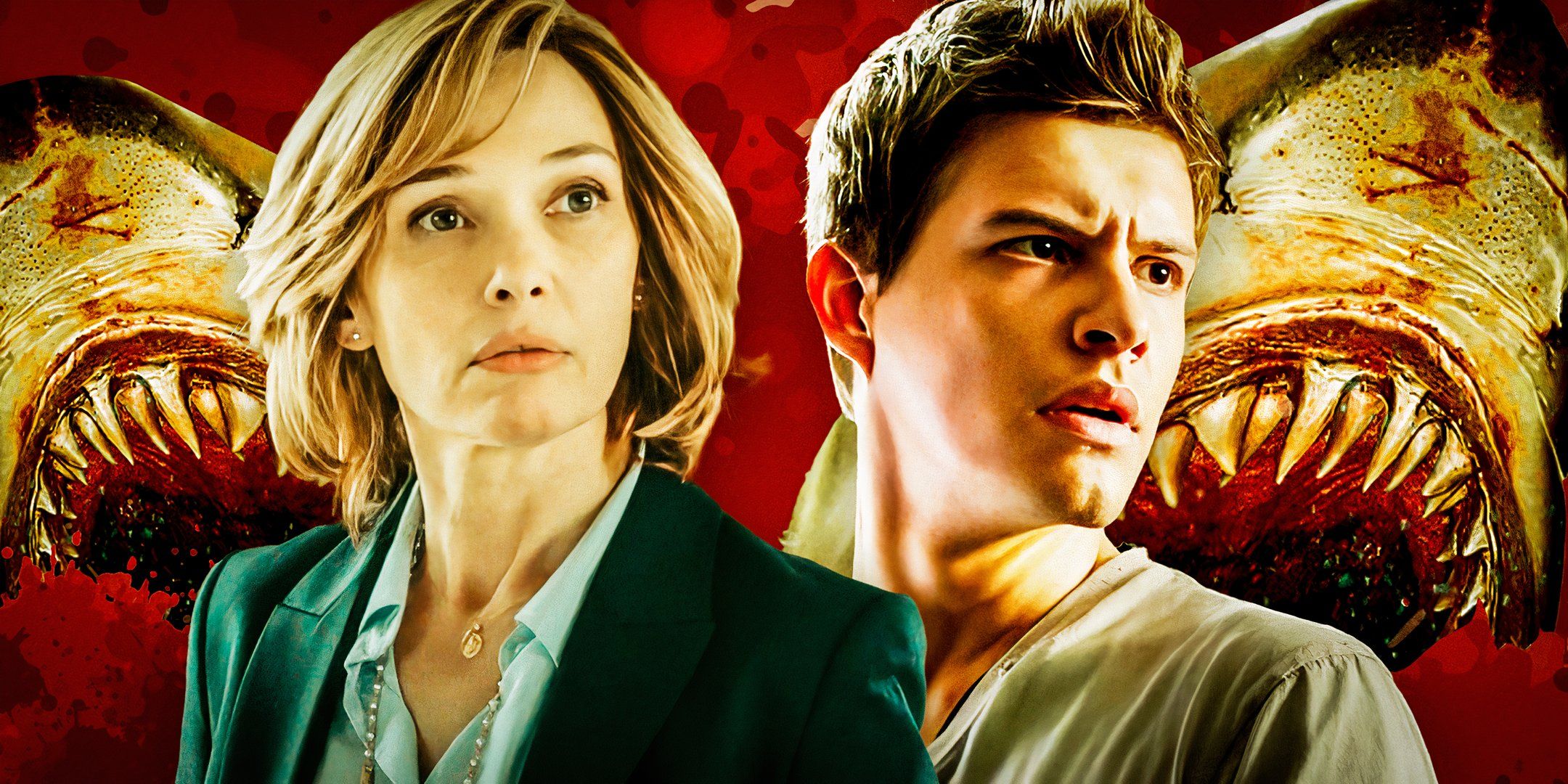
Related
10 Underrated Shark Movies That Are Actually Great
While Jaws dominated the genre, there are many underrated shark films that are incredibly underrated, packed with suspense and terror.
Although Spielberg was just 27 years old when he made Jaws, the movie shows the signs of a much more experienced director. Spielberg has an incredible feel for the camera, and he uses this to dissolve the barrier between the audience and the characters in Jaws. Whether he’s using long takes to keep a conversation flowing or a wide angle to show the entire scene, Spielberg creates an immersive atmosphere that keeps the tension high and makes the stakes clear from the outset. Backed up by a great script, cast and score, it’s no wonder that Spielberg made Jaws into an early-career masterpiece.
Source: The Writers Guild Foundation
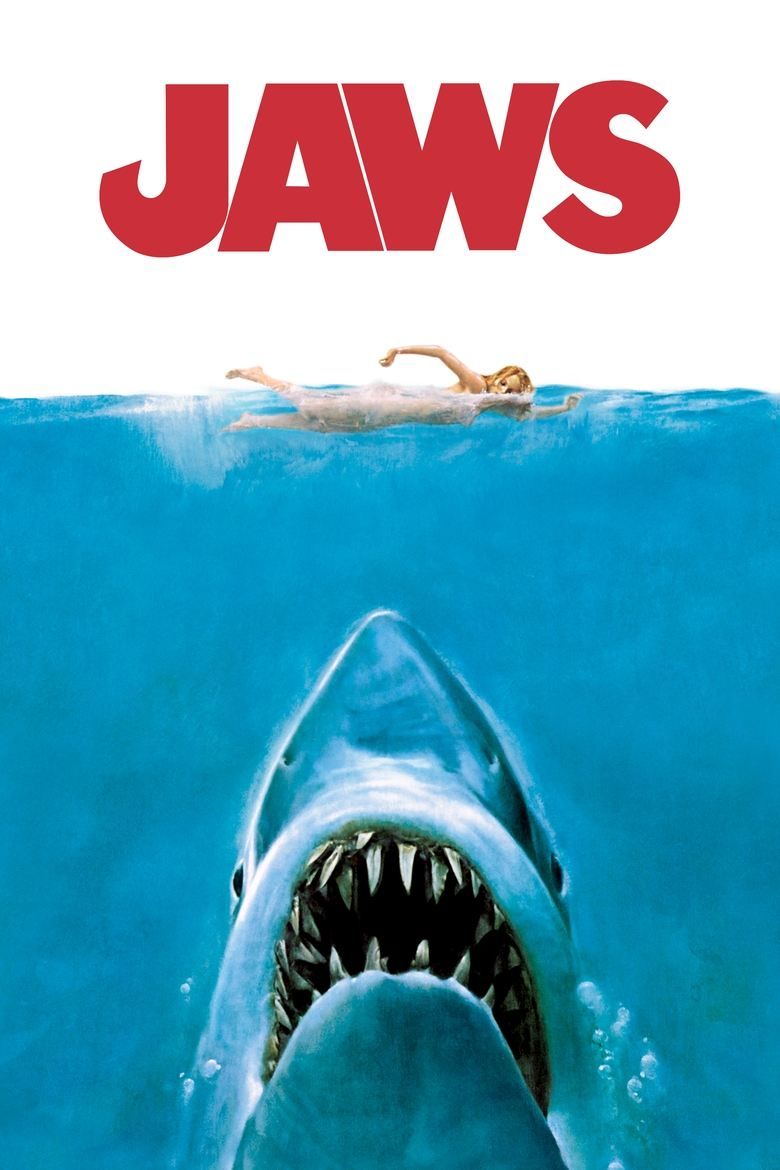
Jaws
- Release Date
-
June 20, 1975
- Runtime
-
124 minutes
